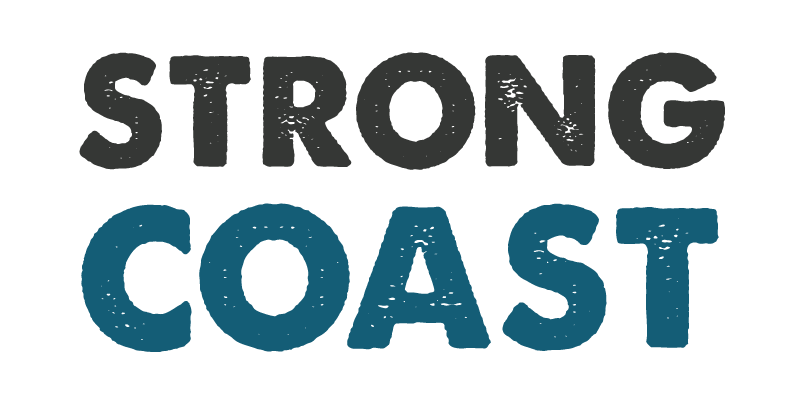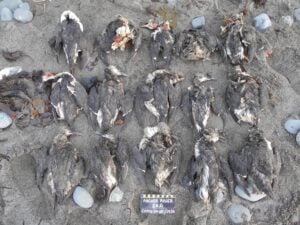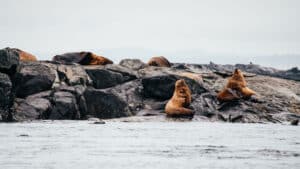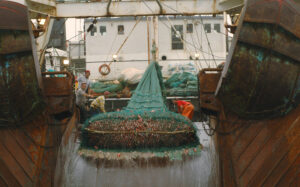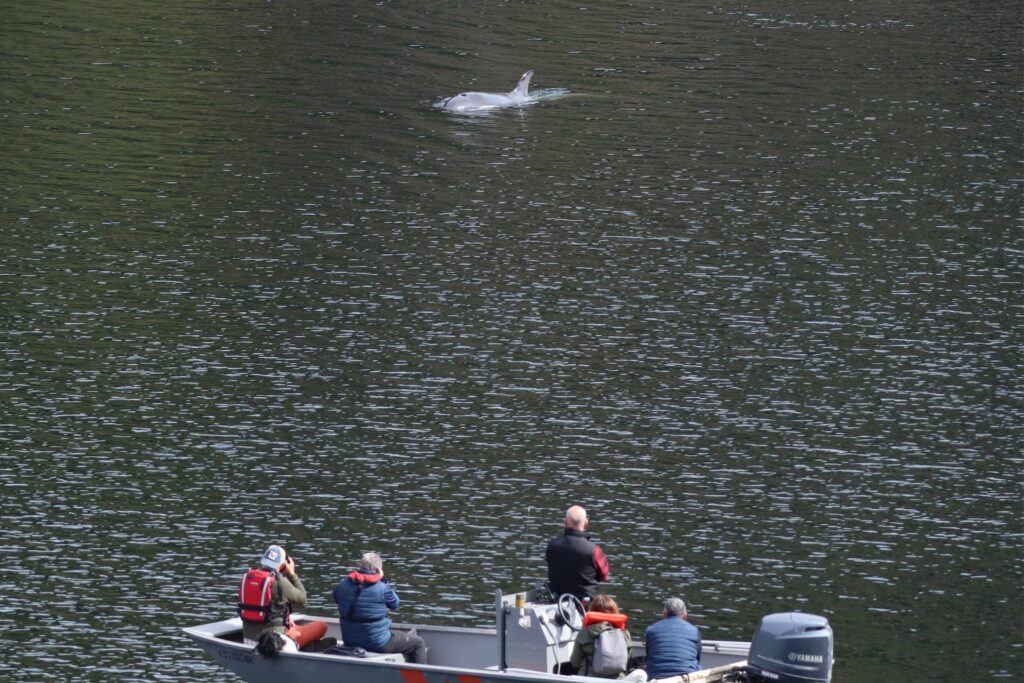
The young orca named kwiisaḥiʔis, or “Brave Little Hunter,” continues to adapt to life in the wild after escaping from a lagoon near Zeballos on April 26, into Espinosa Inlet. However, her trials may not be over as vessels have been seen approaching her, raising concerns over excessive human contact.
Ehattesaht First Nation Chief Simon John stressed in a statement that the little orca must not, for her safety, become accustomed to people.
Members of the Ehattesaht First Nation were first on scene on March 23 when Brave Little Hunter became stranded in the lagoon with her mother Spong, who stranded herself on a sandbar while hunting and died. Ehattesaht rescuers and volunteers had been observing and monitoring the young orca during her stranding.
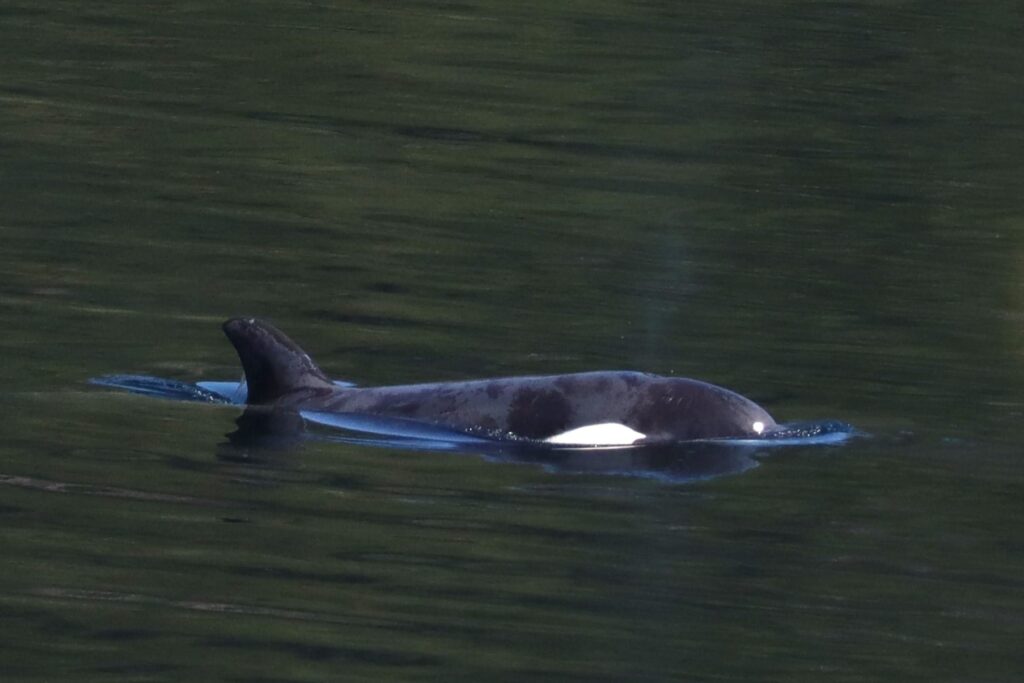
Despite human assistance during the orca’s four-week confinement in the lagoon, Nation members said they’re optimistic about her ability to thrive independently, and noted that she’s been sighted hunting otters for food.
Following consultations with Fisheries and Oceans Canada’s Marine Mammal Response Unit the Ehattesaht First Nation, along with the Marine Mammal Research Unit, plans to enhance patrols in the area using boats, drones, and helicopters, to minimize human-orca interactions.
Boaters in the area are urged to be watchful, and alter their course to avoid kwiisaḥiʔis if they see her.
Further information on observing this orca, including detailed guidelines, is available here.
Read more about this story here.
